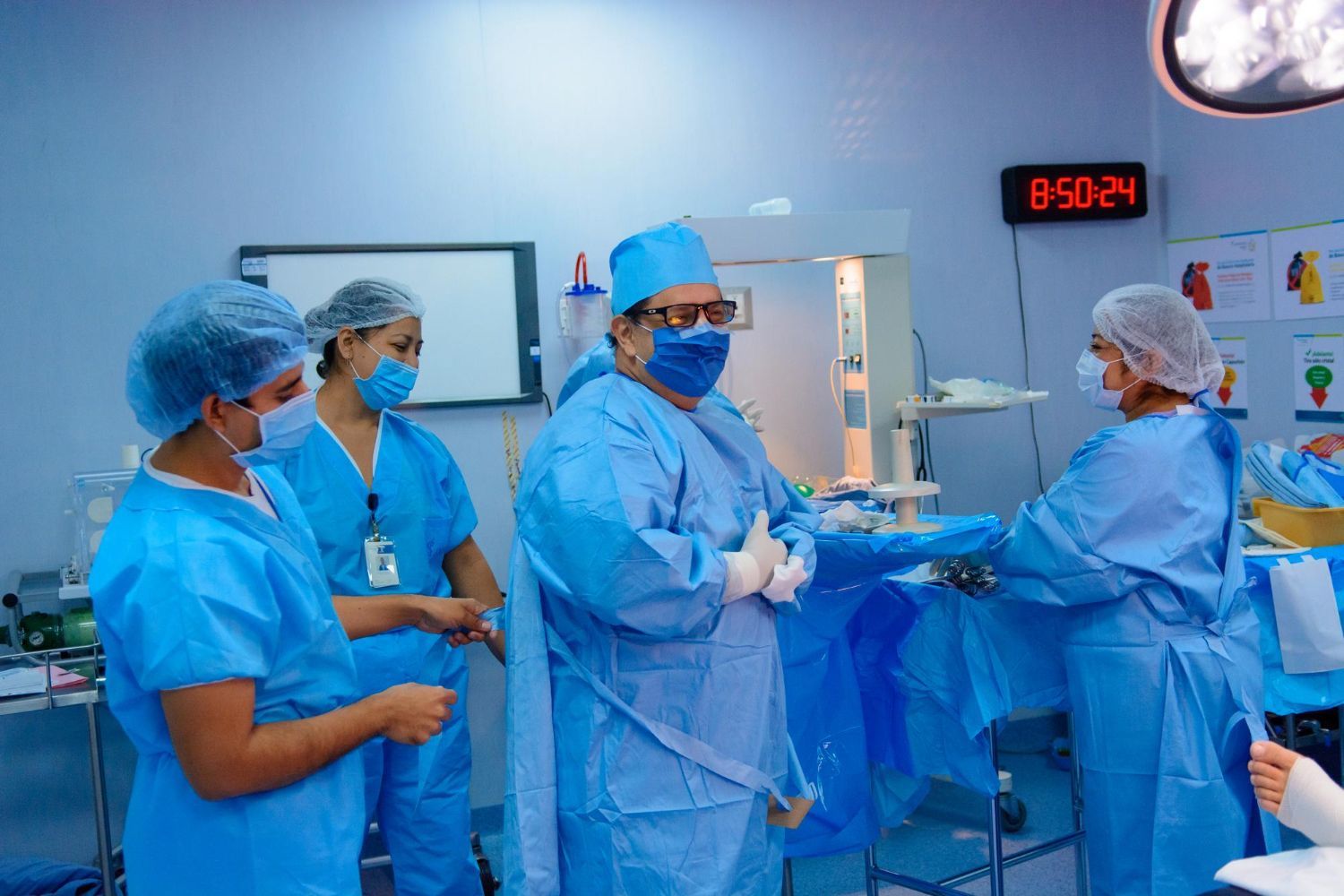Training Healthcare Professionals in Patient-Centred Approaches
Training healthcare professionals in patient-centred approaches is essential for fostering a healthcare environment that prioritises the needs and preferences of patients. This model of care emphasises the importance of understanding patients as individuals, acknowledging their unique circumstances, values, and preferences. As the healthcare landscape evolves, equipping professionals with the skills to engage patients actively is more important than ever.
Effective training programs begin with educating healthcare providers about the principles of patient-centred care, including the significance of empathy, active listening, and effective communication. These foundational skills enable professionals to build trust with patients, creating a safe space where individuals feel comfortable sharing their concerns and preferences. Workshops and role-playing scenarios can help practitioners practise these skills, allowing them to experience firsthand the impact of patient-centred interactions.
Incorporating shared decision-making into training programs further enhances patient-centred care. Professionals learn how to collaborate with patients in developing treatment plans that reflect their goals and values. This collaborative approach not only empowers patients but also leads to improved adherence to treatment, as individuals feel more invested in their care journey.
Understanding cultural competence is another crucial component of training. Healthcare professionals must be equipped to navigate the diverse backgrounds and beliefs of their patients. Training programs that include cultural sensitivity training can help providers appreciate the social and cultural factors influencing a patient's health, leading to more tailored and effective care.
Evaluation and feedback are integral to the training process. Incorporating patient feedback into training initiatives allows healthcare professionals to understand how their interactions are perceived. Regular assessments can identify areas for improvement, ensuring that the training remains relevant and effective.
As healthcare continues to shift toward a more patient-centred model, ongoing training becomes vital. Professionals must stay informed about best practices and emerging trends in patient-centred care. By fostering a culture of continuous learning, healthcare organisations can ensure that their teams are well-equipped to meet the evolving needs of their patients.
The commitment to training healthcare professionals in patient-centred approaches not only enhances the quality of care but also fosters positive relationships between providers and patients. When healthcare professionals are trained to prioritise the patient experience, the entire healthcare system benefits, leading to better health outcomes and increased patient satisfaction.











